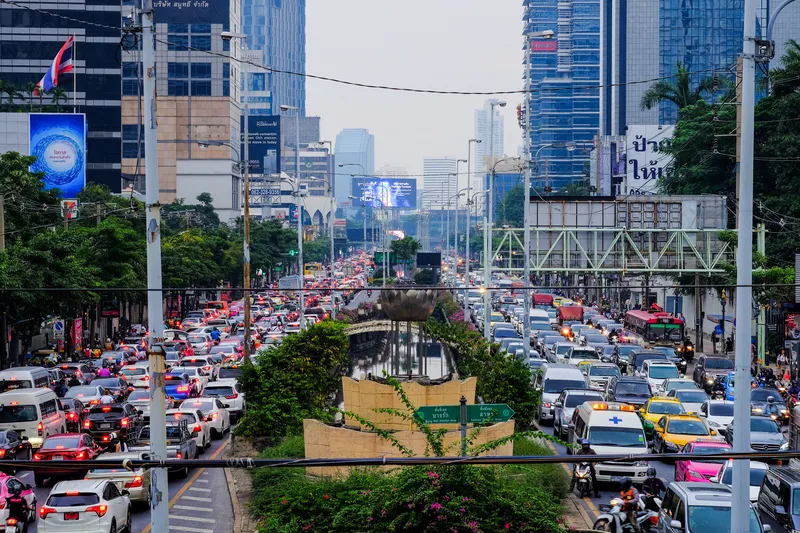The government of Moscow intends to establish an area within the Russian capital that is free from exhaust gases by 2030.
By signing the C40 Green and Healthy Streets Declaration, the city says it will seek to improve public spaces, urban parks and streets, public transport and bicycle infrastructure and buy only electric buses from 2025.
The C40 Climate Leadership Group is a network of cities committed to addressing climate change and reducing greenhouse gas emissions.
Mark
Moscow is the 29th city to make this pledge, joining cities including Copenhagen (Denmark), Seattle (Washington) and Auckland (New Zealand).
Moscow to implement zero-emission area by 2030
The government of Moscow intends to establish an area within the Russian capital that is free from exhaust gases by 2030.
By signing the C40 Green and Healthy Streets Declaration, the city says it will seek to improve public spaces, urban parks and streets, public transport and bicycle infrastructure and buy only electric buses from 2025.
The C40 Climate Leadership Group is a network of cities committed to addressing climate change and reducing greenhouse gas emissions.
Mark Watts, C40 executive dire
September 11, 2019
Read time: 1 min
Related Content












